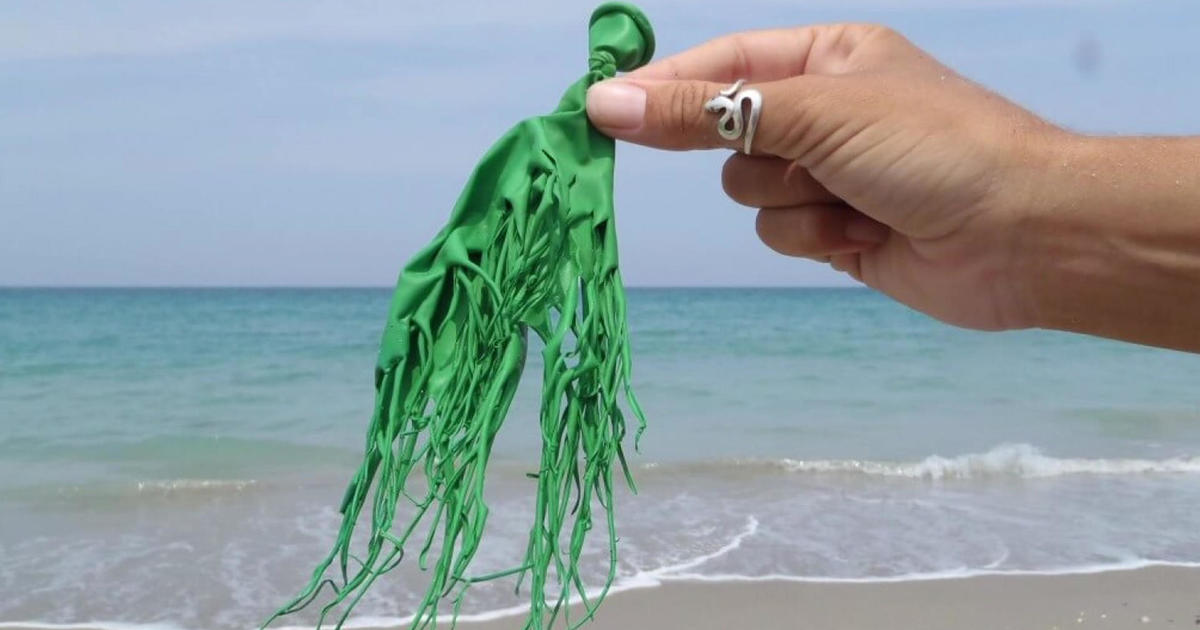Good Question: What Happens To Our Debt When We Die?
MINNEAPOLIS (WCCO) – A new study from CreditCards.com found almost 1 in 5 people think they'll never get out of the debt.
That's twice as many people who gave that same response last year.
So, what happens to our debt when we die?
Good Question.
In many cases, if a person's estate doesn't pay it off, a person's debt generally dies with them.
"Most people come in fearing 'Holy smokes, I'm going to be responsible for my mom's debt, or my brother's bad decision.' And that's not the case in most circumstances," Amy Papenhausen, an estate planning attorney with Henson & Efron, said.
Typically, if someone dies, creditors will first go after that person's estate.
Debts from things like credit cards, car loans or student loans get paid after court administrative costs, funeral expenses, federal taxes, medical expenses and state taxes.
But, if there's not enough money in the state to pay the debts, creditors will look for a co-signer to a loan or credit card.
If a married couple has a joint credit card, a spouse could be held liable for his or her partner's debt.
But, without a co-signer or joint card, Papenhausen says the credit card or student loan companies generally have nowhere to go.
"Your heirs, or your loved ones, are not legally responsible for that debt," she said.
Mortgages are a different story because the mortgage is attached to the home.
"The home is still subject to a mortgage. There's really no way to make a mortgage disappear," Papenhausen said.
An heir to a single person could take over the mortgage under the same terms.
If that person doesn't want the home, then the estate would sell it and pay off the mortgage.
If there is more money owed on the house than it's worth, the heirs are not responsible for the excess.



